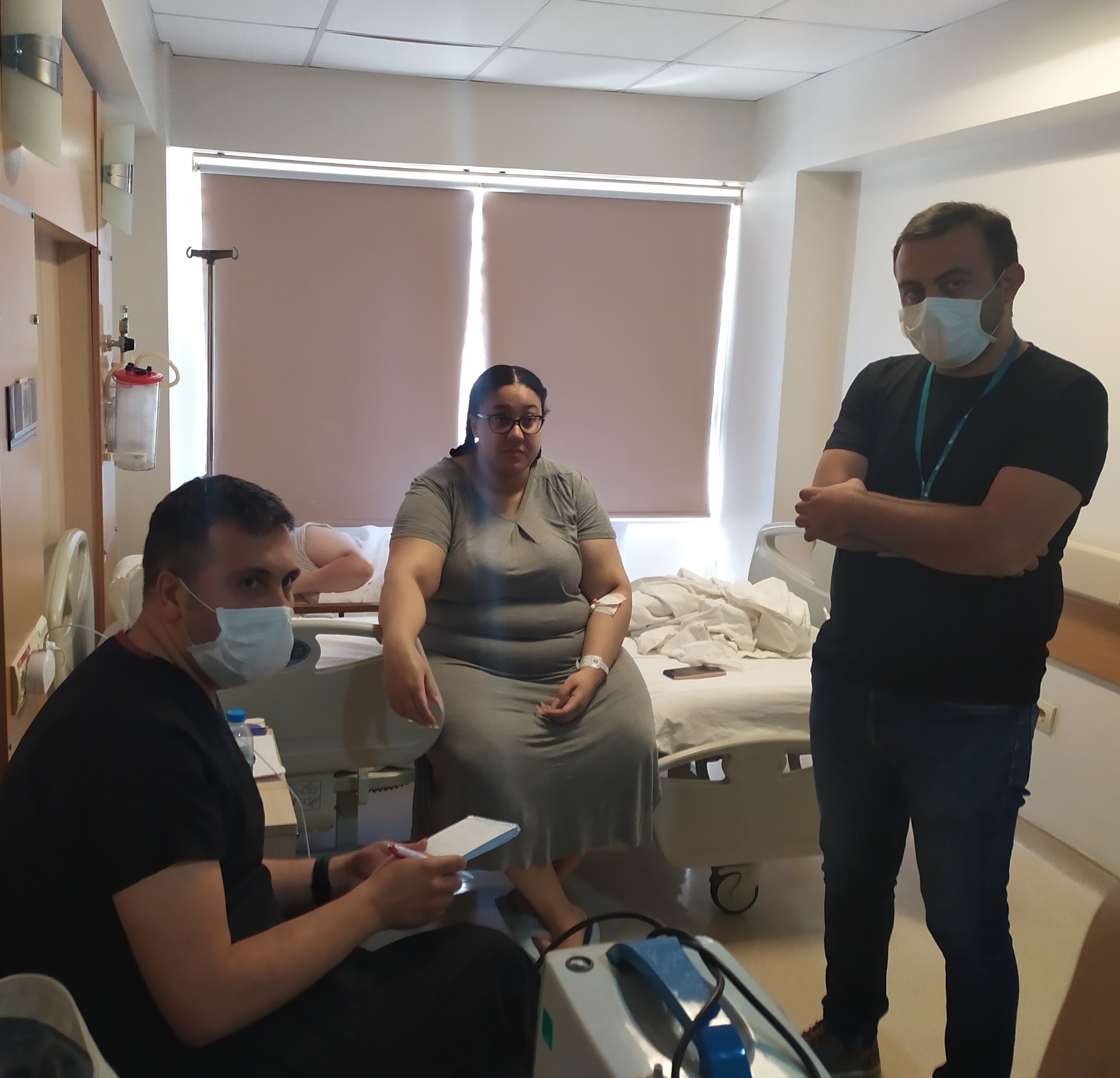What is Diabetes Surgery? And to whom is this surgery applied?
Diet, exercise and medication use are common classical treatments for diabetes. These classic treatments may not always be successful. It is also used only to keep the sugar level of the patient at a certain level, and therefore this disease can cause great harm to the body. Many organs such as eyes, hearts, kidneys and vascular disorders are affected by this disease.
Patients generally may not pay attention to their diets, exercises, and medications for reasons of stress (daily stress). For this reason, the drug supplement may show variability and increase the harm to the body. Therefore, searches for other solutions have become inevitable since classical methods cannot meet expectations.
Recently, the most effective method of obesity and type 2 diabetes is surgical practice. With surgical applications, over 85% full or partial recovery is achieved in the treatment of type 2 diabetes and obesity.
The medical equivalent of the surgical operations we know as diabetes surgery is metabolic surgery. Due to the fact that today's food is excessive and not organic, it is inevitable to get this disease as a result of our eating habits. Insufficient stimulation of our small intestine despite our overeating causes our insulin resistance to increase.
Metobolic surgery decreases the amount of our food with this method and ensures that the necessary hormones work actively by changing the passages of the meals. In addition, the patient's permanent deficiency of vitamins, minerals and proteins is also required.
Due to the reasons we mentioned above, the stomach should shrink at a certain rate in diabetes surgery. However, in some cases, it is not only about the size of the patient's stomach, but also for those with type 2 diabetes, it can be eliminated from diabetes by converting the insulin resistance to normal without taking the stomach, by taking the procedure between the stomach and the small intestine.
In order for diabetes surgery to work, the patient's pancreas must be producing insulin. Before the surgical procedure, all necessary examinations should be performed and information about the condition of the body should be obtained. It is understood as a result of the examinations whether it is suitable for surgery.
Since these surgical procedures are still in development time by the world health organization, they are more effective in the surgery of patients whose sugar levels are uncontrolled, who use insulin, whose organs are undamaged or slightly damaged.




